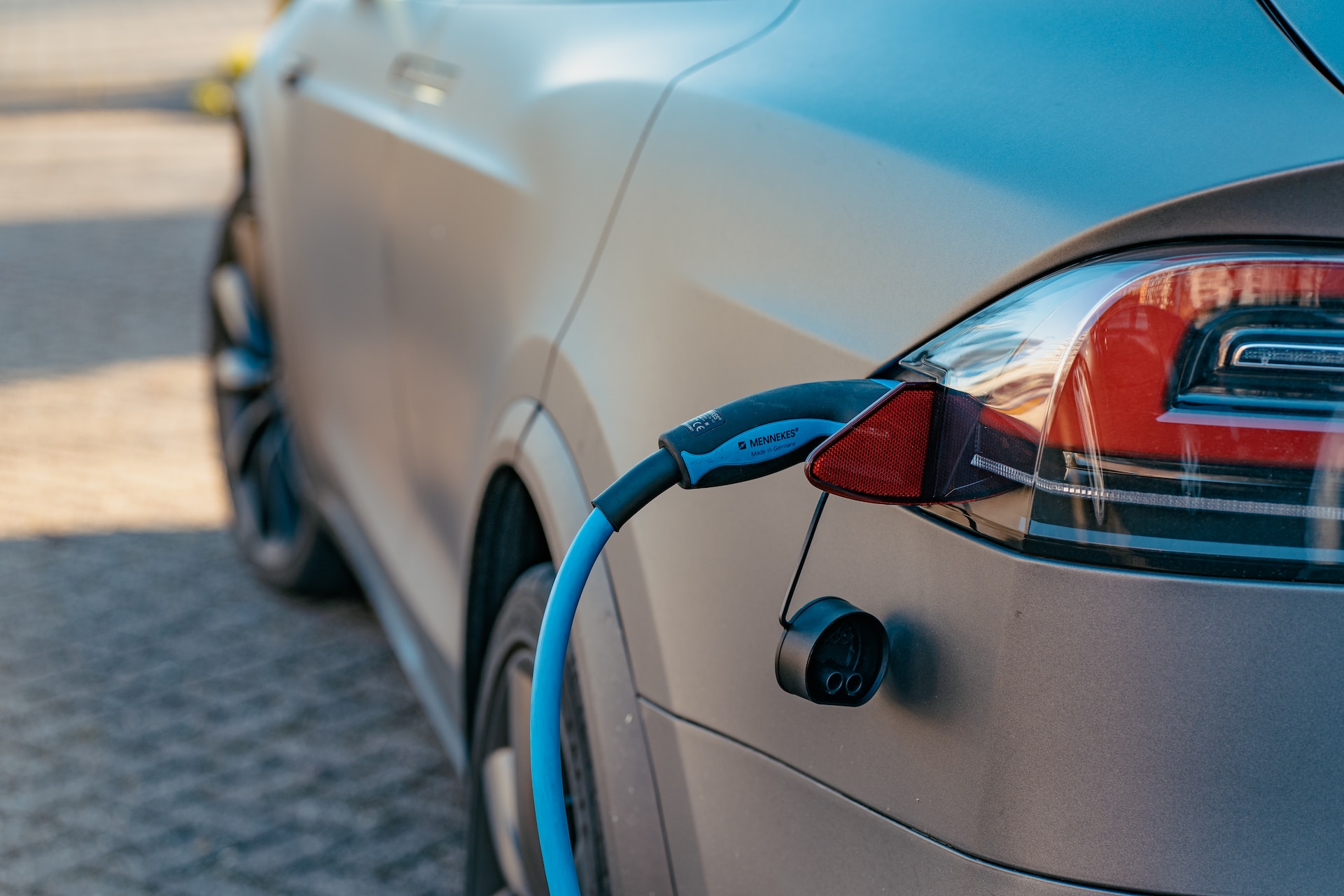How to Get Smart at Work
Smart technology in the workplace can revolutionise how you operate by improving energy efficiency, reducing waste, and making daily tasks easier.
Incorporating smart tech and eco-friendly solutions helps reduce your environmental impact and increases productivity and cost savings.
Here's where to start...
Smart Lighting and HVAC Systems
Offices can waste a lot of energy on lighting and heating, but smart systems can change that. Smart lighting systems automatically adjust based on occupancy and natural light levels, while smart thermostats learn the office’s schedule to reduce heating and cooling costs.
-
Energy Efficiency: Automated lighting systems ensure that lights aren’t left on in unused rooms, while smart thermostats optimize heating and cooling without wasting energy.
-
Convenience: Remote control and scheduling for both lighting and HVAC systems mean you can adjust settings from anywhere or let the system manage it for you based on occupancy.
Smart Meeting Rooms and Collaboration Tools
Technology can make meetings more efficient, reducing wasted time and energy. Smart meeting rooms equipped with smart displays, voice-activated systems, and scheduling tools help streamline collaboration.
-
Efficiency Gains: Smart tools help avoid the delays and technical issues that often come with meetings, allowing you to make the most of your time.
-
Sustainability: Digital collaboration tools reduce the need for printed documents, cutting down on paper waste and streamlining communication.
Smart Waste and Recycling Management
Tracking and reducing waste in the workplace is easier with smart waste management systems. These systems can monitor how much waste your office generates and provide data-driven insights to improve recycling rates.
-
Waste Reduction: Smart bins can alert cleaning staff when they’re full or track how much waste is being recycled, making it easier to manage waste efficiently.
-
Eco-Friendly Practices: With better waste tracking, businesses can adjust their practices to reduce overall waste and improve sustainability.
Energy Monitoring and Automation
Smart energy management systems help businesses track and control their energy usage. These systems give real-time data on where energy is being used, so you can identify areas for improvement.
-
Cost Savings: By monitoring energy use closely, you can spot inefficiencies and adjust operations to reduce energy bills. Automation ensures lights, heating, and other systems only run when needed.
-
Environmental Impact: Reduced energy consumption means lower carbon emissions, helping your business meet sustainability goals.
Telecommuting and Remote Work Technology
Smart technology enables seamless remote work, reducing the need for commuting and office energy use. Video conferencing, cloud collaboration tools, and digital task management systems make remote work efficient.
-
Cost Efficiency: Fewer employees commuting and working in-office means lower energy costs and reduced demand for office space.
-
Sustainability: Reducing commuting cuts emissions, while digital tools reduce the need for physical resources like paper.
Small Changes, Big Impact
By integrating smart technology into your workplace, you can create a more efficient, eco-friendly, and productive environment. From smart lighting to telecommuting, small changes can lead to big improvements in both sustainability and cost savings.
Getting smart at work is not just about improving the bottom line - it’s about building a greener, more sustainable future.

